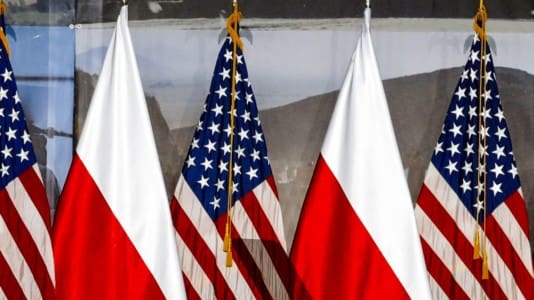With the expansion of the Paks nuclear power plant and the realization of solar energy investments, Hungary will soon become fully self-sufficient in the field of electricity, which few countries can say about themselves, Foreign Minister Péter Szijjártó said on Monday during a site visit of the nuclear facility.
Szijjártó noted that “one of the safest and most efficient power plants in the world operates here”, which guarantees the continuity of electricity supply and represents a huge competitive advantage for the economy.
“Recent times have shown that there can be a crisis in energy supply at any time. In this case, there are countries that are secure that can largely supply themselves with energy,” he added.
Currently, approximately half of the electricity generated in Hungary is connected to the Paks nuclear plant, with the government announcing its intention to build two more reactors capable of 2,400 megawatts, insisting that nuclear power plants are a safe, clean and cheap form of energy production.
Hungary initially signed the contract for the expansion of the Paks power plant in 2014, with the cost of the project totaling €12 billion, of which Hungary would initially contribute €2 billion, while the remaining €10 billion will be provided through a 30-year loan by the state-owned Russian company who is the main contractor, at interest rates of 4 to 5 percent.
Hungary’s only nuclear plant, located approximately 100 kilometers south of Budapest, currently has a capacity of 2,000 megawatts. The addition of the two VVER pressurized water reactors will add another 2,400 megawatts to that. The first reactor is planned to become operational in 2029.
He underlined that with this and the solar energy investments, Hungary will become fully self-sufficient in the field of electricity.
“So the investments in Paks have paid off and will pay off for Hungary,” Szijjártó concluded.





